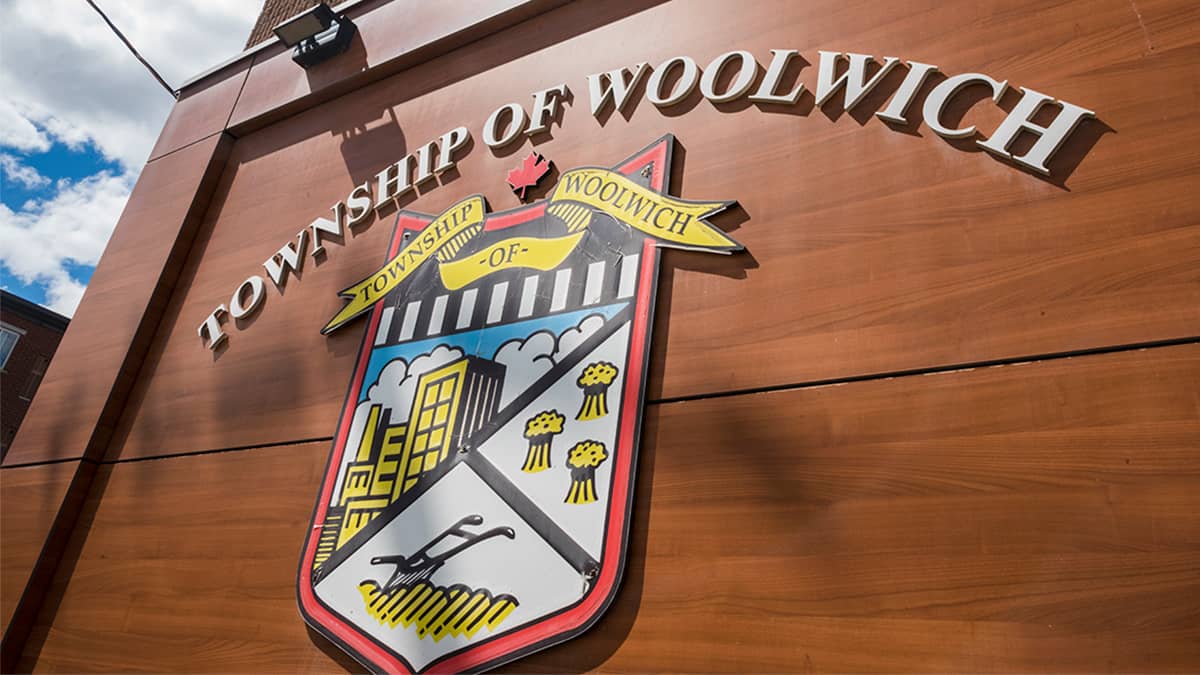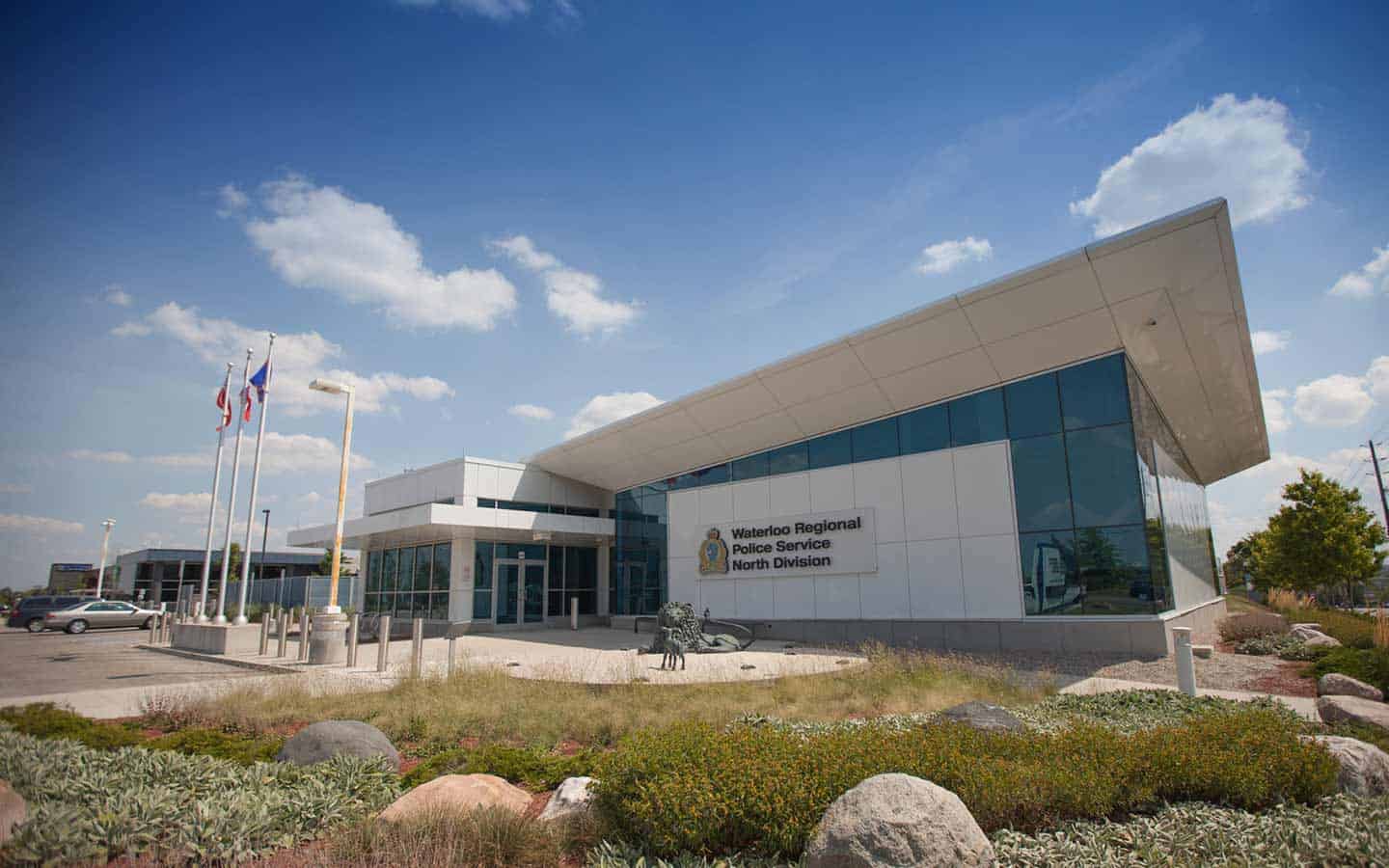The merger of Waterloo North Hydro (WNH) with its Kitchener Wilmot counterpart got the green light from Woolwich council this week, moving the venture forward.
The vote by councillors Tuesday night was the latest development in merger plans announced October 1, though WNH has been looking at merger options since 2017. The amalgamation would create the province’s seventh largest utility, based on the number of customers served – some 158,000.
Woolwich, Wellesley and the city of Waterloo jointly own Waterloo North Hydro Holding Corporation, which in turn owns Waterloo North Hydro (WNH). The City of Kitchener and Wilmot Township own Kitchener Power Corporation, which wholly owns Kitchener-Wilmot Hydro. In both cases, the cities are the majority shareholders, ownership having been established based on population.
The proposed merger anticipates annual savings of $2.9M due to streamlining and efficiencies. These annual savings will be passed on to shareholders during the first 10 years post-merger, and subsequently passed on to customers thereafter. WNH customers will receive ten-year rate stability and lower distribution rates as compared to a standalone scenario, according to a study carried out by the companies.
Following the October announcement, the utilities carried out a communications program to explain the deal and solicit feedback. That process, including a public meeting, garnered “quite limited response.
In response to a question from Coun. Murray Martin, WNH chief executive Rene Gatien said a public information centre saw some 17 people attend, while the website generated 15 inquiries.
Coun. Patrick Merlihan asked if there were other mergers of Ontario utilities that might serve as an example of what local hydro customers can expect.
“Do you see some areas that you can look at as a success story in the merger for the benefit of the public?”
Gatien noted there’s been a number of such mergers, including one slightly further along in the process involving the Cambridge-based Energy+ and Brantford Power. Perhaps more illustrative is the case of Elexicon Corporation in Durham Region, he suggested.
“They’ve been merged now for about three years, and I believe they’re just starting to come out of some of their integration synergies and starting to see some of the good effects of having merged an entity,” he said, noting the combined company there is similar in size to what the as-yet unnamed merged local entity would become.
“We should expect to lower our operating costs per customer because we have some savings in systems we use and other things we do. And the other thing is we’ll be better suited to provide new services to customers as technology changes and new things come along. We’re starting to see some of those things out of Elexicon.”
While noting the municipal owners expect to see increased dividends, Merlihan asked about benefits to the customers.
“I think for a lot of people, myself included, it comes down to that piece of paper that comes in the mail every month. What can they expect for rates, the benefit to the merger?”
Gatien replied that customers would see only inflationary increases for 10 years in the portion of the bill applied by the local distribution company, with lower rates to follow.
“Our customers should see a reduction in rates over what they would have seen under a standalone,” he said. “I think it setting us up in many ways for the benefit of the customers, and keeping us a strong, stable company for the next years to come.”
Under the current structure, the City of Waterloo owns 73.2 per cent of the holding company, Woolwich owns 20.2 per cent and Wellesley owns 6.6 per cent. Under a merged entity, the City of Kitchener would be the majority owner at 53.4 per cent, followed by Waterloo at 31 per cent, Woolwich with 8.5 per cent, Wilmot at 4.5 and Wellesley with 2.8 per cent.
More information can be found online.









